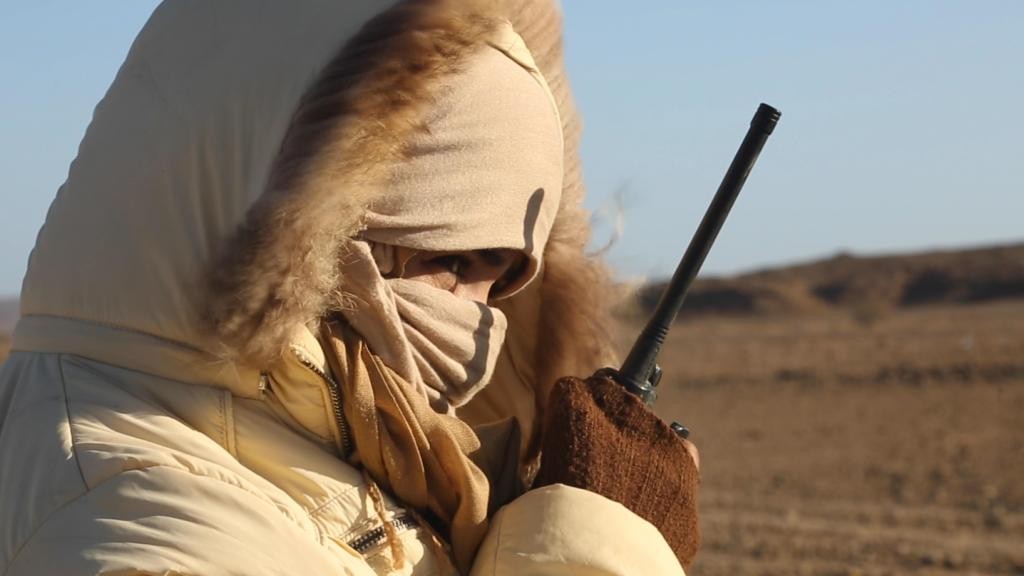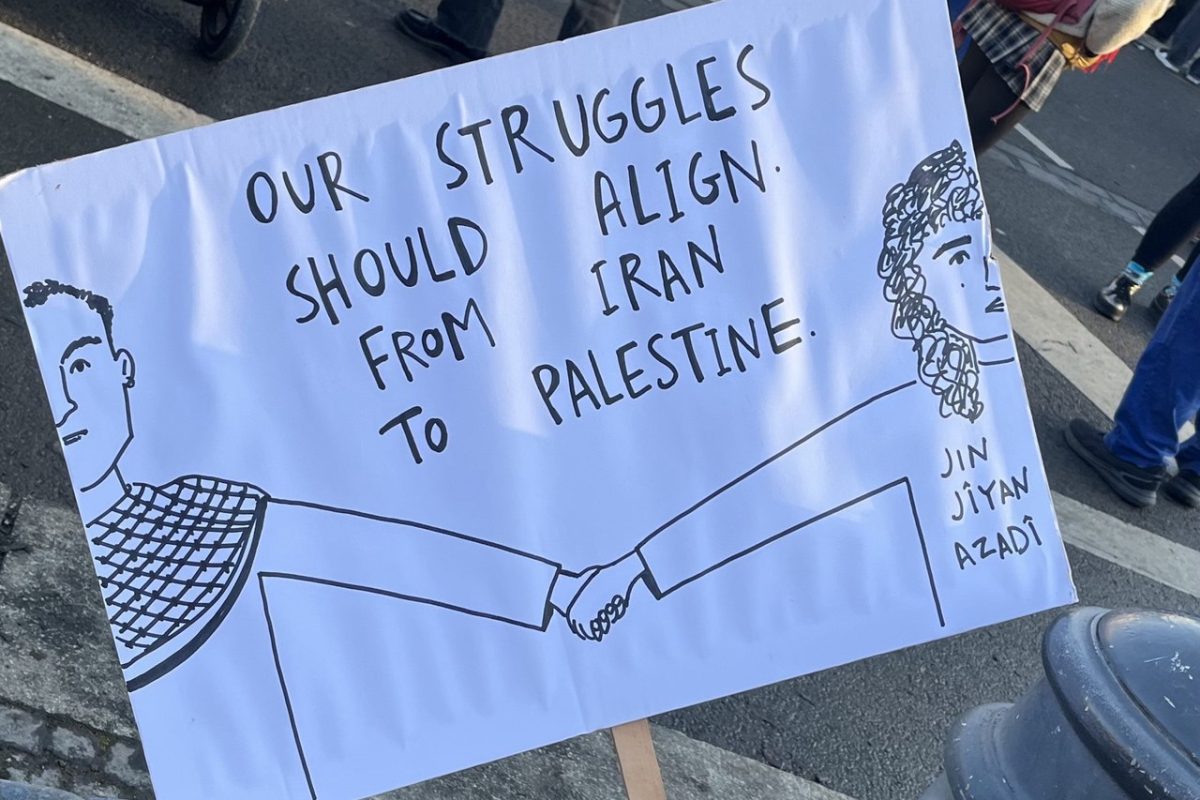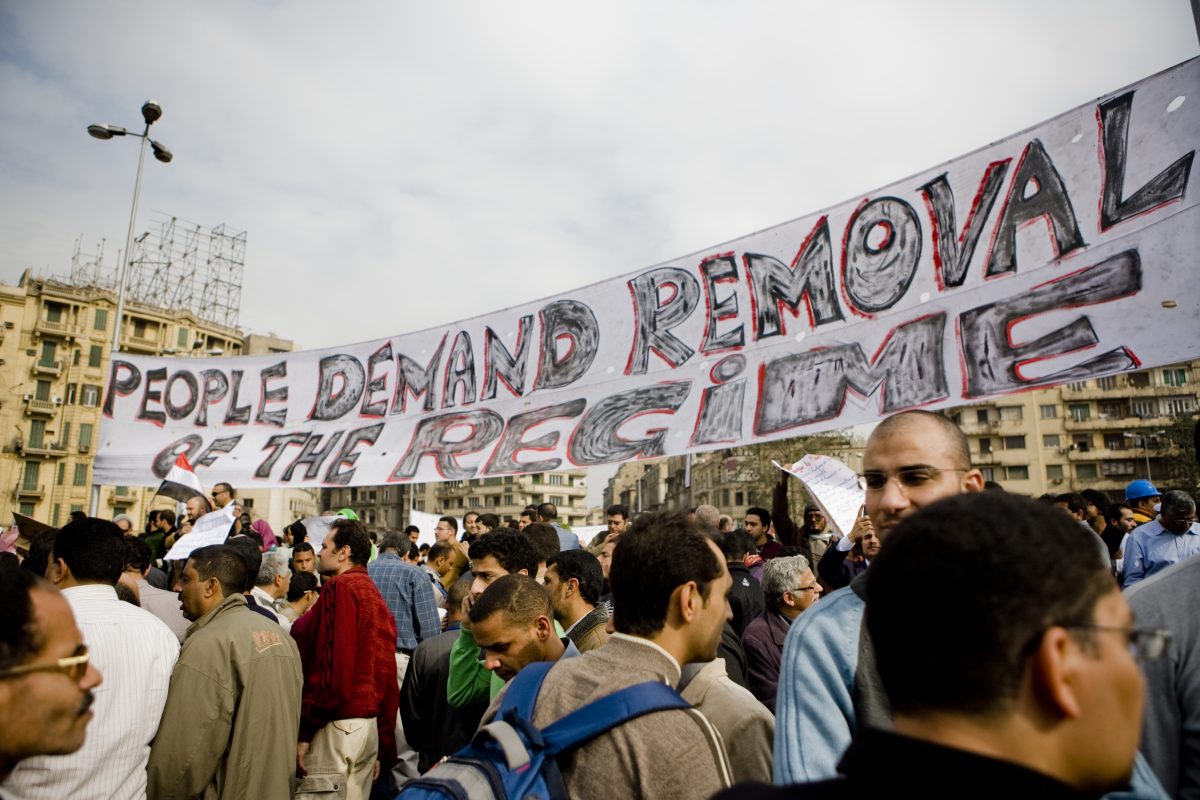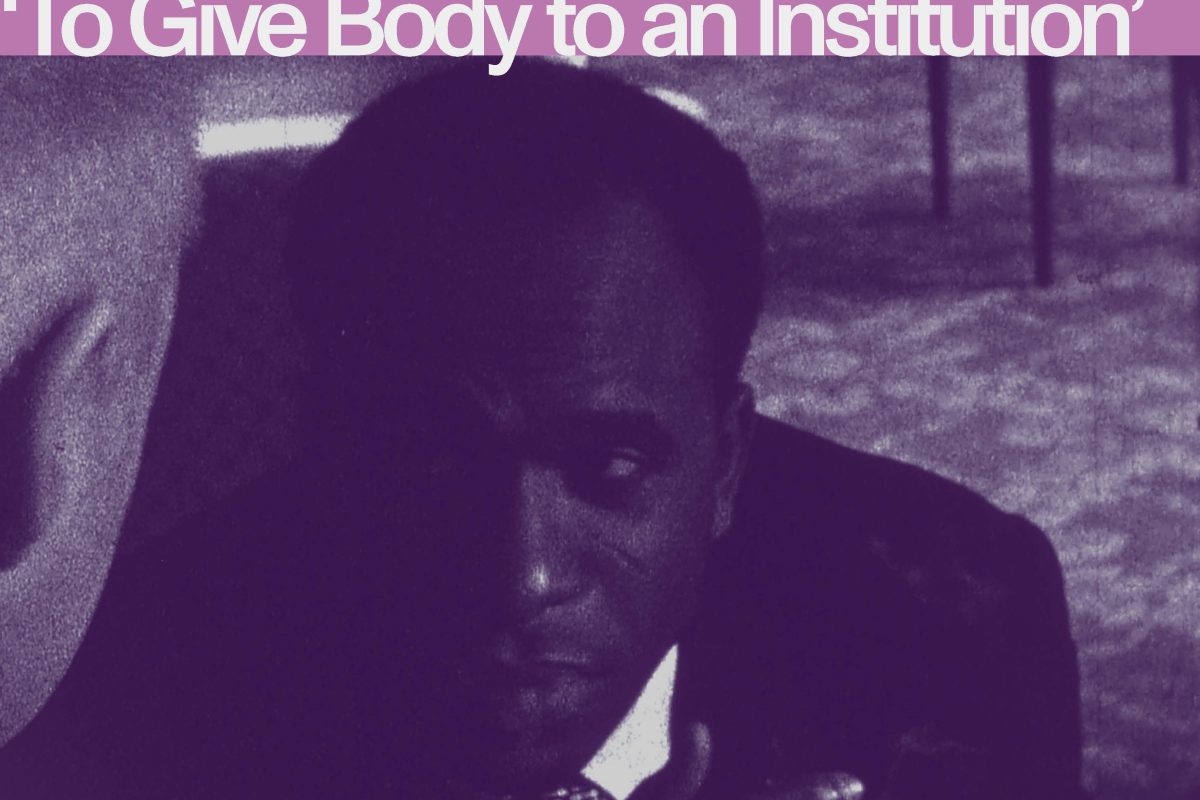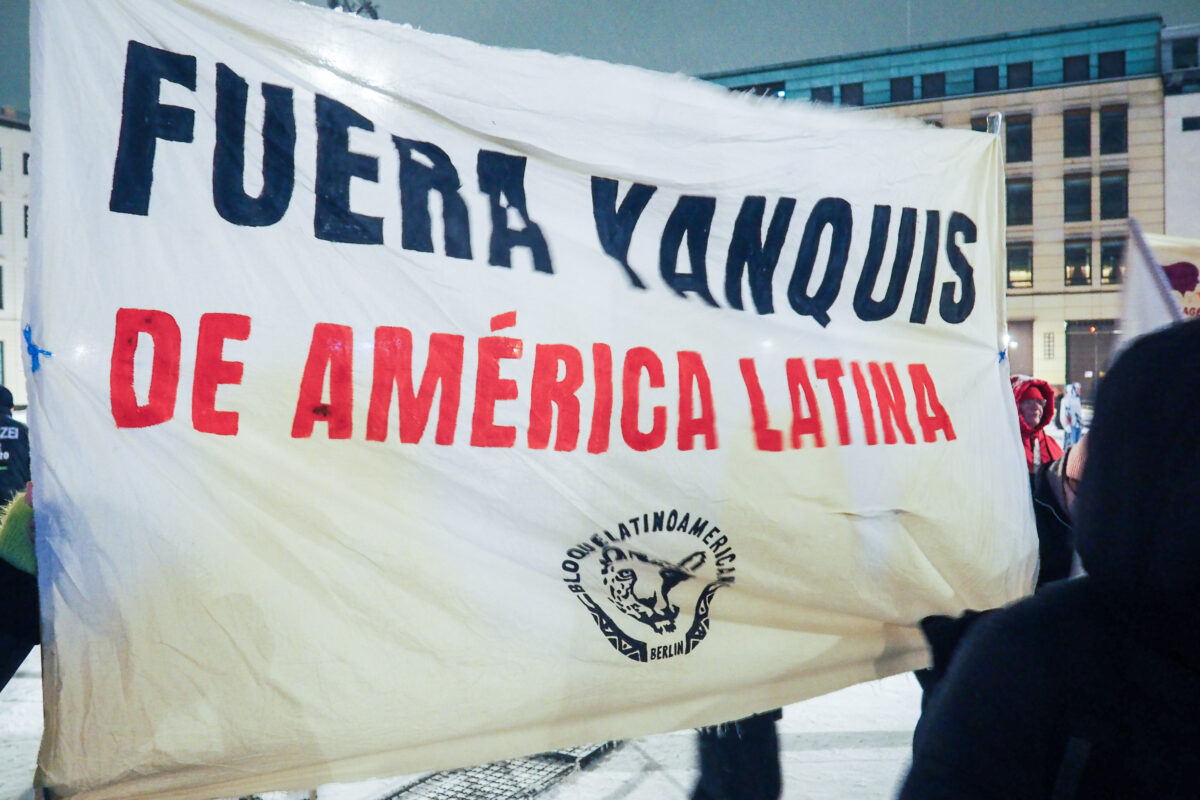Last Saturday 7th of September, the screening “Bitter Waters: The Struggle of the Sahrawis” took place at Sinema Transtopia. This was followed by a discussion with Javier Toscano, Minetu Hamdi, Nadjet Hamdi and Sale Mohamed Sayed al Bashir: curators, activists and filmmakers involved in the shown projects. Each of these titles brought a different emphasis, from historical reiterations to visual storytelling, focusing on the themes of life under occupation and resistance against dispossession, colonialism and military powers.
I write this review with the aim to make an (inter)generational and (inter)national connection regarding the struggles against Spanish colonialism and all forms of past and current fascism. Which means, each fight for national liberation and self-determination of colonised lands is a common battle field for all. From understanding Catalan and Basque identities during the Spanish Civil war and life under the postwar Franco regime, the current legacy of colonialism in Ceuta and Melilla, and the thousands of people trapped between inhumane Spanish border policies. The lack of recognition for the people of The Riff, as well as the Saharawi struggle for freedom and justice on the sands of native land are fights to which we are all connected.
In the 1885 Berlin Conference, Spain claimed to have taken the Sahara region from South to North, leading to a series of administrative and legislative imperialist strategies to keep the country under Spanish control up until 1965, when the UN General Assembly asked colonising EU powers to start a decolonisation process on foreign occupied lands. In order to undermine this request, the Franco government created the Sahara General Assembly, which systematically silenced native Sahrawi voices such as the Chiuj (heads of Sahrawi tribes and factions) and left the native population living under a discriminatory and oppressive regime. In 1975, right before the transition period, the Franco government handed over the Sahara to Morocco and Mauritania. This was the start of the military invasion in which the Morrocan forces used napalm and white phosphorus over the Saharawi people.
El viaje de Jadiyetu (Mexico, 2020) is a short movie by Javier Toscano that drives us through the Saharawi fields towards the Berm. We travel together with Jadiyetu Alaÿat, who narrates her experience crossing the wall from occupied Sahara to the refugee camps in Algeria in 1999. Her story resembles fiction, but it’s not. The journey makes us face the reality of Saharawi women who challenge every existing oppressive structure in the name of liberation. Jadiyetu risked everything to escape the Moroccan invasion, leaving behind her friends and family, in order to reach an unknown fate that was worth the run. She reads a poem she wrote for the Martyrs that resisted the occupation – the poem travelled through the people and its powerful message reached the colonisers who threatened her with death. Her journey situates the spectator in a broader sphere, making us understand what national liberation struggles mean in the eyes of the people who refuse to accept occupation. She materialises the revolt against an oppressive regime, even at the risk of death, by reaching the camps on her own, as a woman. Jadiyetu’s story is not just a personal one, but a fight for the collective liberation of her people, the refugee camp becomes a glimpse of what freedom would mean for Western Sahara.
Mutha & the Death of Hamma-Fuku (Spain, 2021) by Dani Suberviola is an amazing production framed in an initial speculative visual language that unfolds a very true story about a young woman called Mutha Hama-Fuku. Hama-Fuku works with a team of people deactivating Moroccan military explosives in the Western Sahara freed territory. Anti-personnel mines and unexploded bombs are tools of oppression, engineered to kill civilian populations, especially children finding their way back from the ruins of imperialist violence. Deactivating them is not merely a political gesture, it’s an act of defiance – a radical reclaiming of the land from the brutal machinery of Moroccan state-sponsored murder. This is more than reversing the effects of war; it is dismantling the weapons of power designed to keep the Saharawi people in perpetual fear. The movie forecasts a constant presence of potential death that creates a sense of tension with every detonation.
By disarming these instruments, Mutha seizes back control from military occupation, slowly transforming the scorched earth into a hidden future space of freedom to resist and rebuild. During the whole film, Mutha talks about her dad who, by the end of the story, is revealed to have been killed by an anti-personnel mine set up as a trap while trying to defuse a mine close to the Berm. This explains the generational toll of war and the persistence of conflict in the lives of those who are forced to live on its front lines. The decision to follow in her father’s footsteps is a political act of carrying forward the fight against the mechanisms of war, violence, and land dispossession. It reflects a legacy of sacrifice, turning her personal tragedy into a political commitment.
I exist (2013) is a Saharawi production by Mohammed Mhamdi that focuses on children as political subjects of military aggression. The film presents a powerful, multi-layered message through the simple but poignant act of children playing football in a war zone. War-torn landscapes strip away childhood, but here, football becomes a universal language of children resisting occupation. The film shows a child with an amputated leg joining the game among others who decide to tie one leg behind their backs and continue playing as equals as a radical act of solidarity. Playing with one leg reflects the collective refusal to let the destruction of war rob them of their humanity. Rather than allowing the child’s injury to reinforce their own trauma or fear, they adapt, choosing to identify with their friend in a way that celebrates their connection and dignity in the eyes of their colonisers. The steadfastness of the kids is something we witness in all military occupation contexts. Bringing dignity through telling the stories of people, especially children, losing limbs, is imperative in order to redefine what it means to reclaim their own identities through loss and, and at the same time, power and pride of their own existence. The act of tying their legs together is also a rejection of isolation, proving that true healing in such a brutal world only comes through collective strength and shared experience.
Lost land (2011) by Pierre-Yves Vandeweerd is a Belgian archive footage documentary that narrates stories of Saharawi people as direct witnesses to Moroccan colonialism and dispossession. There’s an interesting element that persists throughout the film: the image of the camels, the animals, the wind, the sand and the land. These are the central elements through which the stories are told. There’s a clear will to explain the co-constitutive relationship between the Saharawi people and their environment, and how that connection with nature empowers them to not only continue the struggle, but also to consolidate their own existence with their land, creating a geo-anthropomorphic formation capable of tearing down the military occupation through native intergenerational knowledge. The archived visual language of the film portrays the Saharawi identity in a very touching and dignifying way, communicating their vision of the world and the meaning of freedom to the audience.
It is imperative to point out how these films show a cohesive connection not just to each other but also to other anti-colonial struggles across the globe. Where native populations resist the destruction of their ecosystems by the imperial war machines of the west and their allies we see similar narratives, experiences and trauma. But we also see hope, solidarity and potential. We hold Spanish colonialism and the current Spanish government accountable. Children want answers about their ancestors, from great grandparents who were shot by Francoist soldiers and thrown into mass graves who until today remain unidentified, to Saharawi kids being currently tortured, imprisoned, denied of their rights by Moroccan occupation forces led and supported by the anti-migration policies of the Spanish state. From them we learn how justice can be fought for, and how international and class solidarity can give us the key to the dismantling of all systems of oppression.
You can find more information about the screening here.
